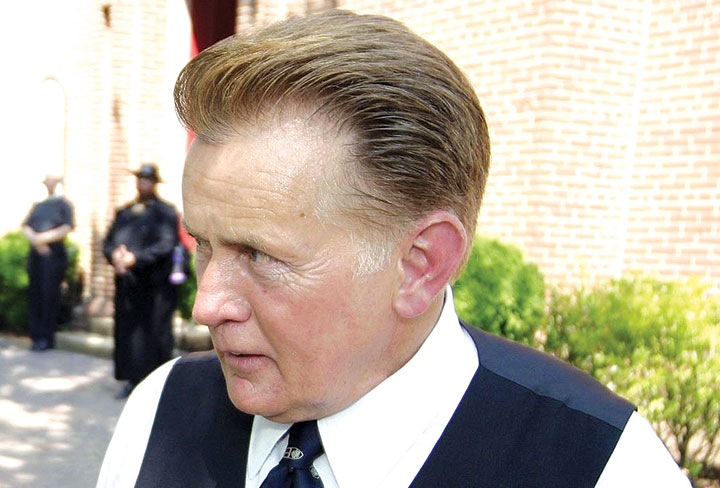In the midst of dealing with the day’s pressing issues, we sometimes lose the thread of how much, and how quickly, things change.
A couple of years before the Supreme Court upheld gay marriage in 2015, such a development was almost unthinkable. Tobacco use dropped by 68 percent in the years between 1965 and 2018, according to the American Lung Association and the Centers for Disease Control, from 42.4 percent of the adult population to just 13.7 percent in 2018.
But even startling numbers like that don’t tell the full tale. Often, the best way to get one’s mind around how much attitudes have transformed is to look to fiction, like a 2001 episode of The West Wing devoted to the issue of cannabis prohibition that seems like it could have been made 20 years before that. It even presaged, sort of, the arguments to come.
As the episode makes clear, demographic shifts are responsible for most big changes in social policy and cultural attitudes: Younger people are much more liberal-minded about homosexuality than their forebears were, and they also have over the decades been much less likely to smoke cigarettes.
The same thing happened with cannabis, and drug policy in general. That will likely continue to happen, ultimately ending the “war on drugs” mentality that has been an abject failure and destroyed countless lives.
In the show, Surgeon General Millicent Griffith (played by Mary Kay Place) says in an online chat that pot might not be good for you, but that it’s “bizarre” for it to be designated a Schedule 1 narcotic, the same legal category as heroin and LSD (which, back in the world of reality, it still is). Pot, she said, “poses no more public-health risk than nicotine or alcohol.”
The liberal, Democratic White House of Jed Bartlet (Martin Sheen) freaks out. Assistant Chief of Staff Josh Lyman (Bradley Whitford) is sent to ask Griffith to resign.
Their interaction anticipates the next 20 years perfectly. Lyman notes that 69 percent of Americans oppose legalization while only 23 percent support it. “The number gets a lot higher than that if you ask people under 30,” Griffith responds.
Those people are all in their 40s and 50s now, and pot is legal for adults in 11 states and Washington, D.C., and legal for medical users in a majority of the rest.
A majority of Americans now favor legalization. Lyman’s response offers a clue as to why it’s still illegal federally: “Did you know that the number gets even higher than that if you limit the polling sample to Bob Marley and The Wailers?”
Remember, Lyman was a liberal Democrat, and his attitude wasn’t unusual. Even West Wing creator Aaron Sorkin betrayed his cluelessness in the writing of the episode, which was clearly meant as a repudiation of the “war on drugs.” In it, he had Griffith decry the fact that pot was designated Schedule 1 despite the fact that “it doesn’t share the same addictive properties as heroin and LSD.”
LSD is not addictive. Which is good because everybody who got addicted to it would probably lose their minds within six weeks. It seems a little strange that Sorkin got this so wrong, given that less than two months after the episode aired, he was busted for possessing pot, crack and psilocybin mushrooms when his crack pipe set off an airport metal detector.
Viewed from today, the episode also shows how far we have to go, in terms of research.
Pot’s potential health benefits aren’t mentioned at all, and wouldn’t become a big part of the national conversation over pot for several more years. But in her online chat, Griffith does tick off several possible health risks and essentially says we don’t know whether pot causes cancer, or inhibits the reproductive system. We still don’t, mainly because pot’s federal illegality has limited research on such questions.
In the end, Bartlet opts not to fire his surgeon general, and seems to decide that, at least personally, he wasn’t opposed to decriminalizing weed. “We’ve tried ‘Just Say No’ and I don’t think it’s gonna work,” he concludes.



